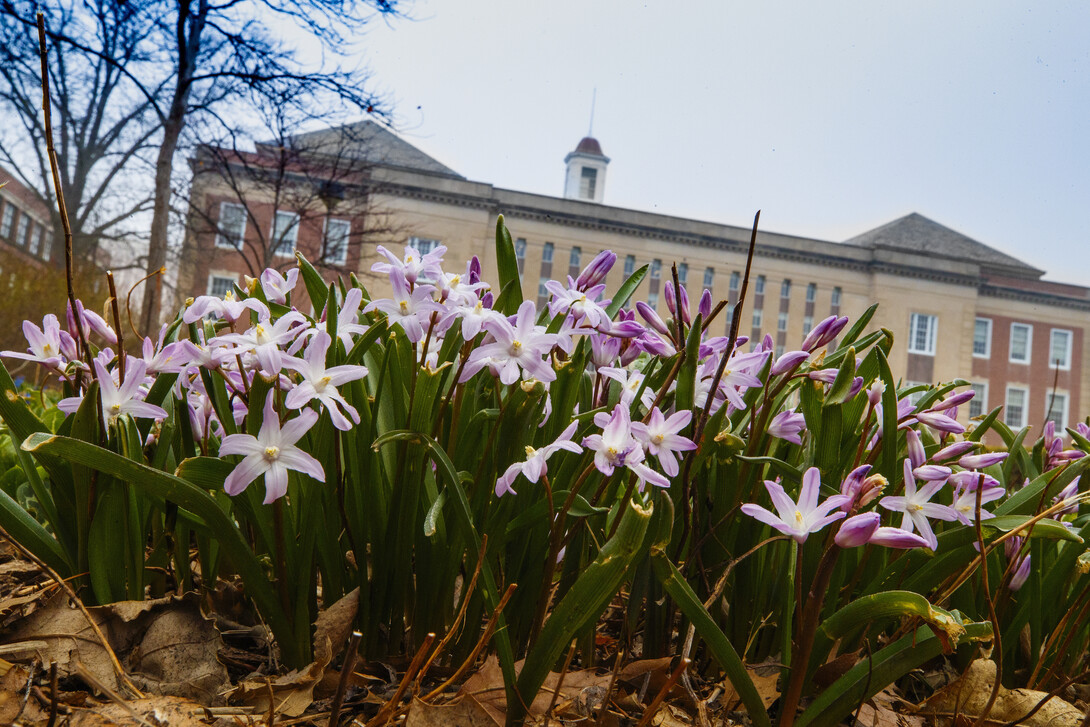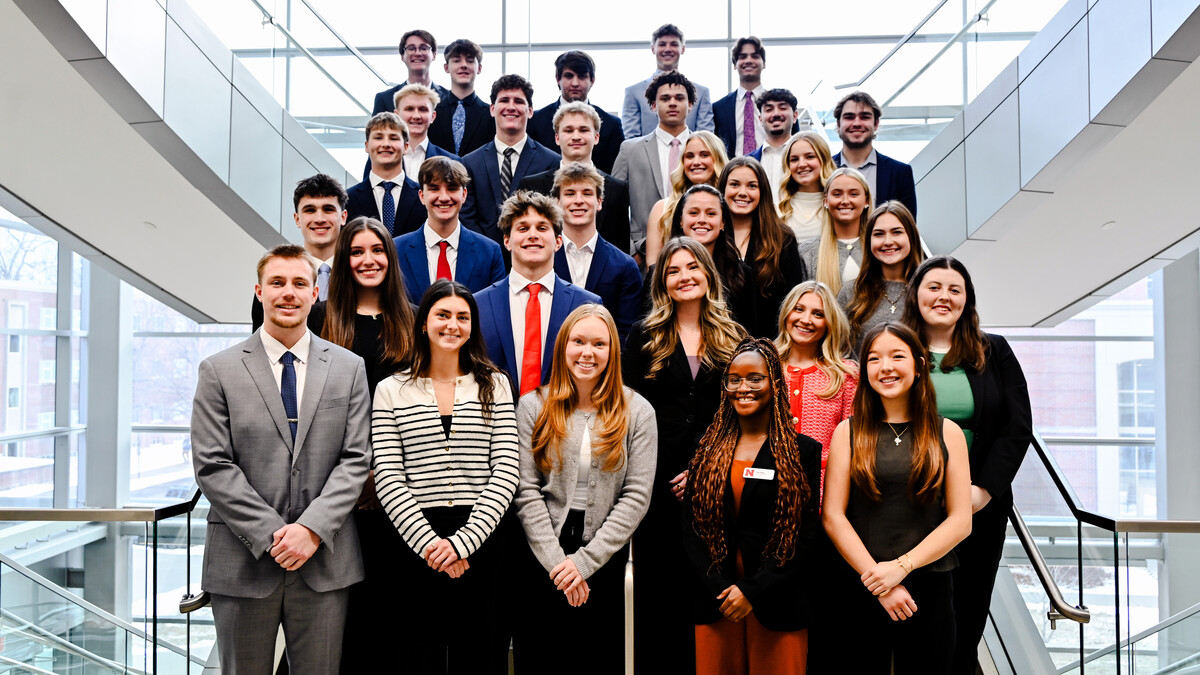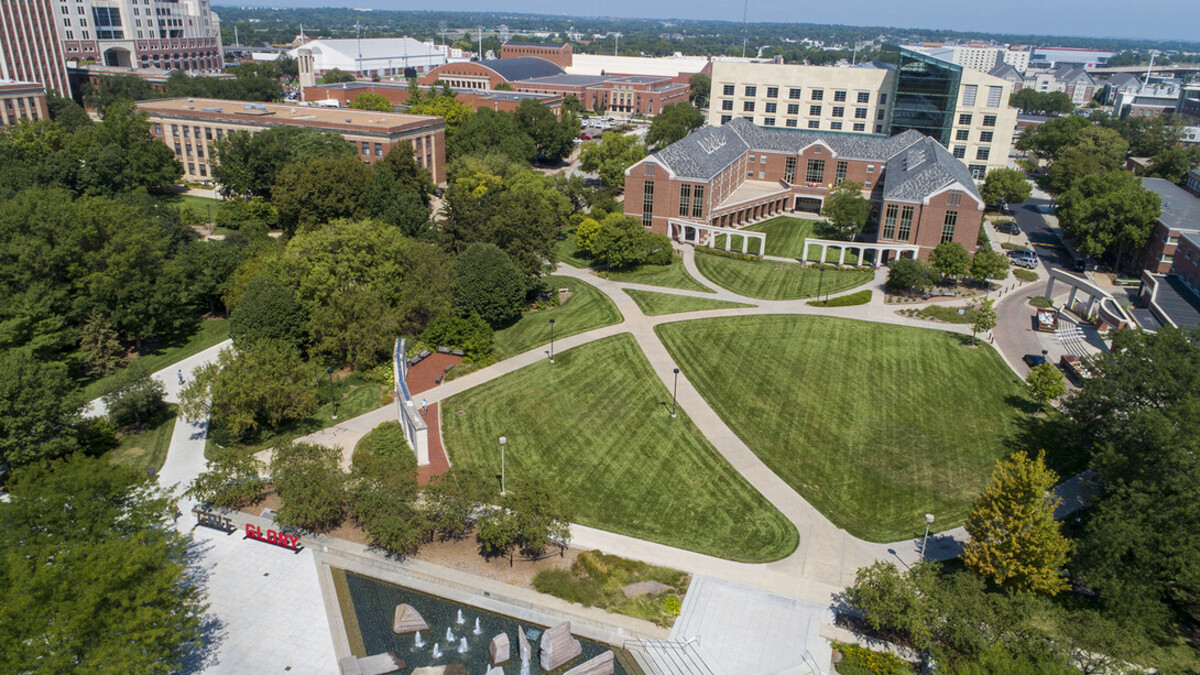
University of Nebraska–Lincoln research projects that focus on Walt Whitman and black homesteaders recently earned funding from the National Endowment for the Humanities.
The awards were part of $22.2 million in new grants for 224 humanities projects across the United States recently announced by the federal agency.
Jon Parrish Peede, chairman of the National Endowment for the Humanities, said the projects exemplify the power of the humanities to educate, enrich and enlighten.
“It is a joy to be able to announce new projects that will produce vibrant humanities programs and resources for the reopening of our cultural centers and educational institutions,” he said.
Campus projects that earned the awards are listed below.
Walt Whitman Archive
The Walt Whitman Archive, published by the Center for Digital Research in the Humanities, received $349,856 for a site renovation that will bolster its accessibility.
Matt Cohen, professor of English, and Ken Price, Hillegass University Professor of American Literature, will lead the project, titled “Walt Whitman Archive Infrastructure Revitalization.”
Through the project, Cohen and Price aim to make it easier to search and use the materials on the Walt Whitman Archive by improving the digital architecture. Tasks include: changing the programming framework; creating a machine-readable interface for the website’s code, images, and metadata; revising files to improve the metadata; and leveraging existing metadata through a new search engine.
Cohen and Price recognized Karin Dalziel and Elizabeth Lorang of University Libraries as instrumental to the receipt of the award.
“[We] applaud the stellar work of Karin — she took the lead in conceptualizing the proposal and drafting the grant,” Price said. “She deserves the lion’s share of the credit.”
“Liz was the driving force behind our early attempt at this,” Cohen added.
Great Plains Studies
Scholars from the Center for Great Plains Studies received $75,000 in support for a traveling exhibition, titled, “Staking Their Claim: Black Homesteaders and the Promise of Land in the Great Plains.”
Project co-directors Richard Edwards, the center’s director, and Mikal Eckstrom, a postdoctoral researcher at the center, will develop the exhibition, which will feature photographs of black homesteaders on the Great Plains. The exhibition will be shown in museums throughout the region.
“This project extends the center’s eight-year study of homesteading,” Edwards said. “Before the Great Migration, there was a smaller migration of African-Americans to the Great Plains to claim land. We want to illustrate their lives through photographs.”
Homesteading was a central feature of the Euro-American, African-American and immigrant settlement of the Great Plains. On May 20, 1862, President Abraham Lincoln signed the Homestead Act, which offered settlers 160 acres of free public land. Settlers had to pay a small processing fee, live on the claim for five years and fulfill some other requirements to obtain the land title.
Several thousand African-Americans successfully homesteaded in the region and claimed roughly 650,000 acres of prairie land.
“The exhibition seeks to engage the public with this important and complicated history to help Americans better understand our shared past,” Eckstrom said.
For more information on homesteading and the center’s work, visit https://www.unl.edu/plains/homesteading-research.







